Your eyes are heavy with pressure
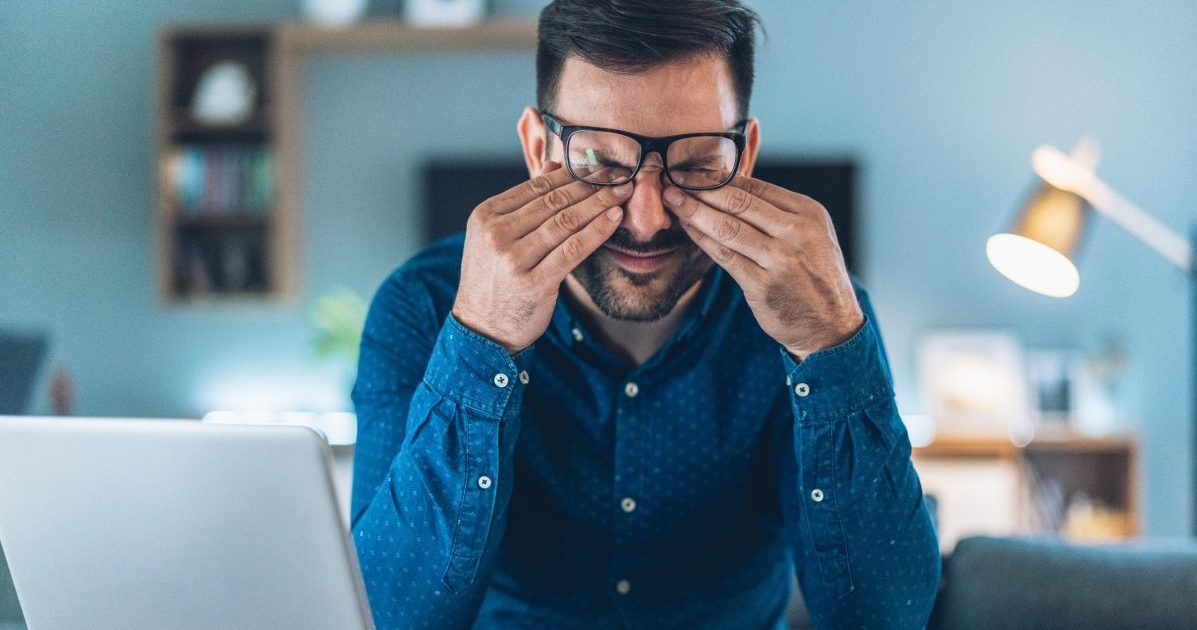
When drinking coffee on the regular, you may experience some pretty bad intraocular pressure. This is because caffeine has a tendency to increase your blood pressure which in turn increases pressure in your eyes. If left unchecked, this can lead you at increased risk of glaucoma, or in the most severe cases even blindness.
Your skin is breaking out
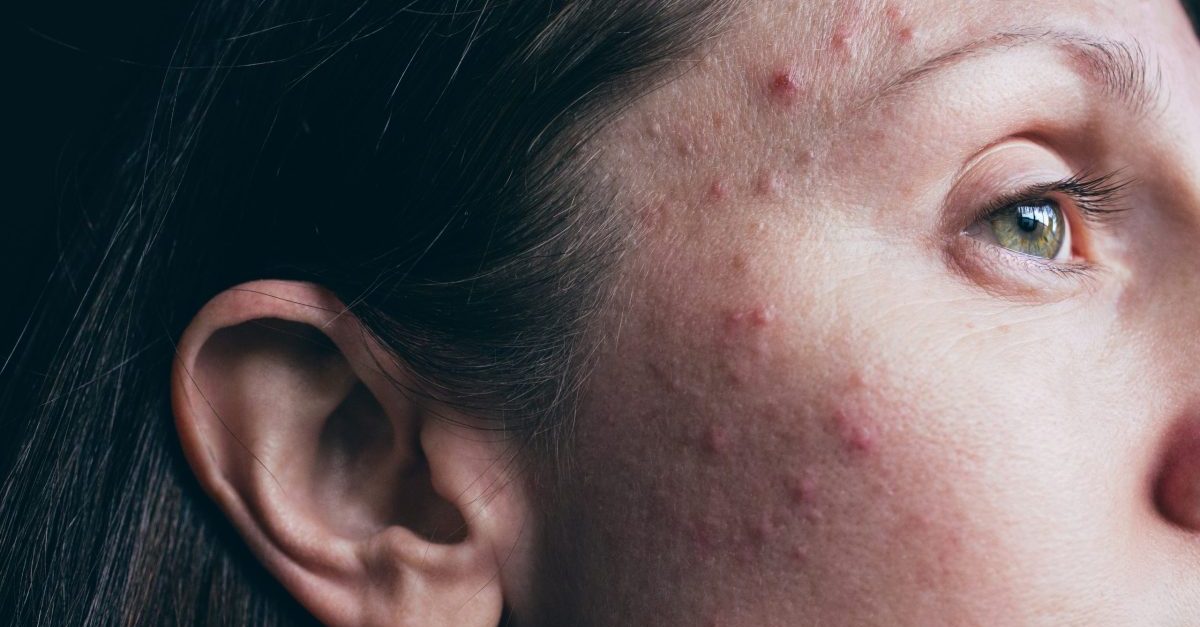
Don’t expect your face or skin to be glowing when you’re drinking cup upon cup of coffee every day. Caffeine magnifies the body’s stress levels by boosting stress hormones, which is one of the top triggers of breakouts such as acne. It can also throw your body off balance, leading to stress and in turn, bad skin. If you’re prone to acne anyway, monitor your intake.
/fireman-reveal-the-most-likely-causes-of-fire-in-your-house/
You experience hallucinations

You have heartburn

Don’t worry – given the nature of the beast, feeling heartburn or just general discomfort after drinking coffee is pretty normal. But that’s not to say you shouldn’t keep an eye on it. Coffee is highly acidic and to avoid this burning the ol’ heart, you should have just the one cup a day. Alternatively, you could drink your coffee with a non-fat or non-dairy milk to counteract some of the acidity, or take it black.
Your belly is getting bigger
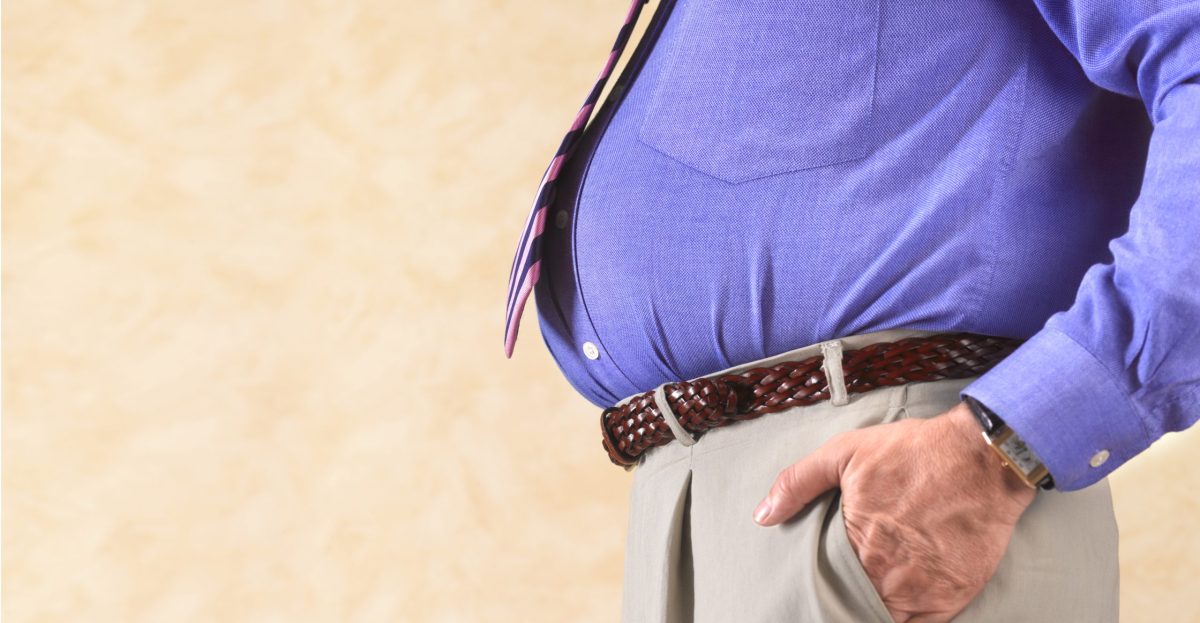
We don’t usually associate coffee with weight gain. In fact, mild consumption of caffeine has been linked to weight loss in the past. But if you’re overstepping the mark, and swigging half a dozen cups a day or more, then you’re putting yourself at risk of developing a big belly. This is another one that could possibly be avoided by drinking your coffee black or switching to a non-fat milk alternative.
You’re sweating all the time
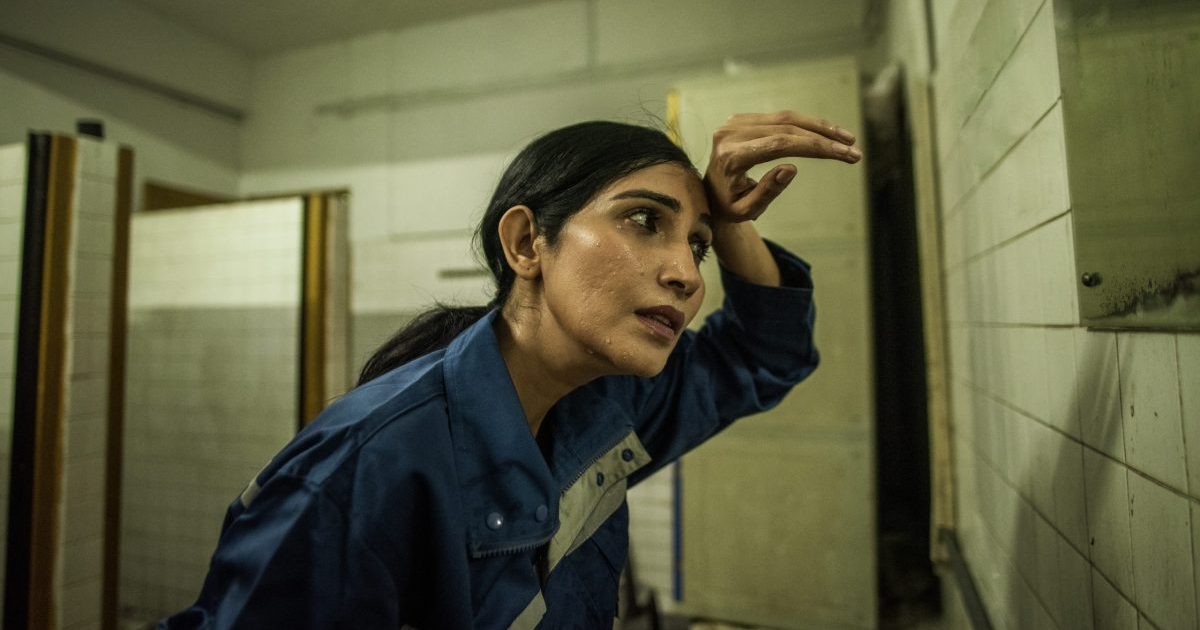
Sweating is a natural and normal bodily function that prevents us from overheating, particularly after doing exercise. When it becomes a concern is when you’re sweating having done nothing physical. If this is you, you might wanna cut down on your coffee intake, as caffeine has been known to interfere with your body’s magnesium absorption. When left untreated this can cause you to sweat uncontrollably, and nobody wants that.
You’re always thirsty

No matter what anyone says, you can have too much of a good thing, and coffee is no exception. Although you’re consuming water via most coffees, the truth is it can lead to dehydration if abused. Constant toilet trips can also rid your body of all the water you’ve put into it. Eventually, this will have an effect on your thirst, leaving you more parched than normal. Try substituting some of your usual cups for plain glasses of water instead.
You’re not sleeping

Everyone knows that coffee is a stimulant and that many people drink it to feel fully awake in the morning. The downside to this is, drinking coffee late in the evening can keep you awake for a long time. If you’re an avid coffee drinker and also deal with insomnia to some degree, you may be consuming too much coffee.
You’re always nervous

Caffeine makes parts of your body move faster and increases your heart rate, so it can also make you more jittery and nervous than usual. If you find yourself dealing with increased anxiety, try cutting back on your coffee intake to see if that makes a difference! You might find yourself a lot more relaxed.
You’re having digestive issues

Coffee has been used as a laxative and to encourage regular bowel movements. However, while one cup a day can indeed help with digestion, having many can result in loose stools and other digestive issues. If you are facing bathroom problems, your body will probably thank you for decreasing your caffeine intake.
You’re dependent on it

While coffee is not classically addictive the way many illicit substances are, it affects the brain in similar, albeit milder ways. This means that coffee lovers can develop a heavy dependence to the point where they struggle to function without it. This kind of dependence is directly linked to the amount of caffeine the person is consuming.
You have high blood pressure
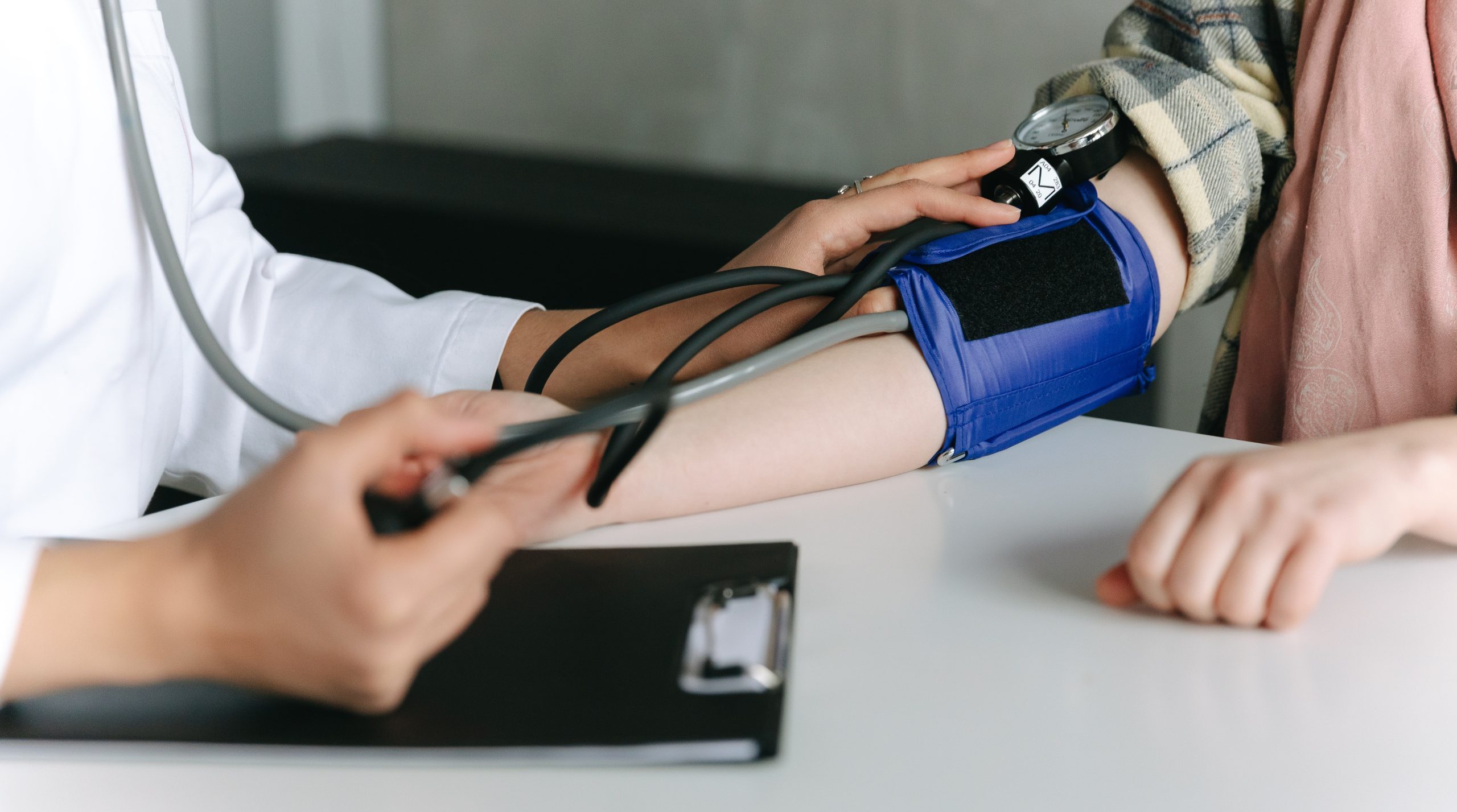
If you consider yourself to be a fairly healthy person but your blood pressure is higher than it should be, take a good hard look at your coffee habits. As coffee increases one’s heart rate, it makes sense that it also causes your blood pressure to increase. Heightened blood pressure can put you at increased risk for strokes and heart disease, so get that caffeine level down!
You’re shaky
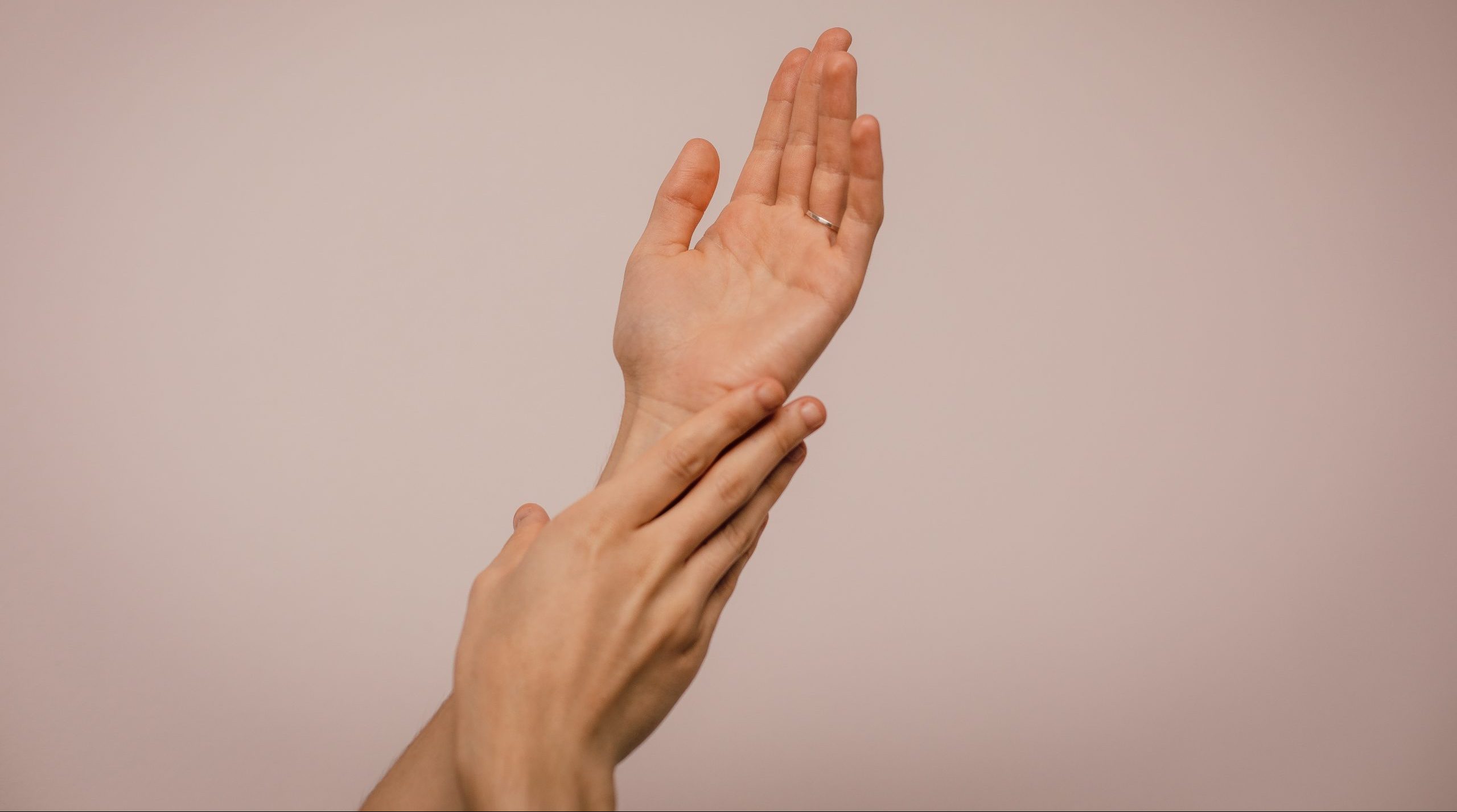
Coffee can make you extra jittery, and so it can also cause you to have shaky hands. Depending on your profession, this could be a real problem worth trying to fix. If you’re a painter, for example, shaky hands are far from ideal! If the cup is rattling in your hand after you’ve already had a few coffees, it may be time to try and reel that number in a bit.
You’re irritable

If you find yourself snapping at people and being particularly irritable but can’t think why, maybe look at your caffeine consumption. While coffee can make you more anxious than usual, it can also cause your temper to shorten. This is due to the heightened stress levels you feel as a result of coffee being a stimulant. If you want to feel less irritable, maybe swap your afternoon cup of Joe for tea instead.
You feel sick a lot

Coffee has a lot of qualities that mean it can cause nausea when consumed in high quantities. Not only does it have a high acidity level which can bother your stomach, but it also dehydrates you, which doesn’t help either. If you’re going through life feeling nauseous for no reason, it could be to do with the fact that you’re drinking too much coffee.
Your muscles are cramping

Did you know that coffee actually negatively affects your body’s ability to absorb magnesium? It’s true! While a single cup won’t do much, consuming a lot of coffee can. A magnesium deficiency can result in cramping muscles, fatigue and even heart problems, so it’s worth doing what you can to protect those magnesium levels.
Your teeth are sensitive

Coffee can erode the enamel on your teeth and can even make them darken or yellow faster if you drink a lot of it. This is because coffee is very acidic, and your tooth enamel does not fare well when exposed to acidity. Without your protective tooth enamel, the dark colour and caffeine in the coffee have a greater chance of staining your pearly whites, making coffee drinking a vicious cycle.
You get withdrawal symptoms
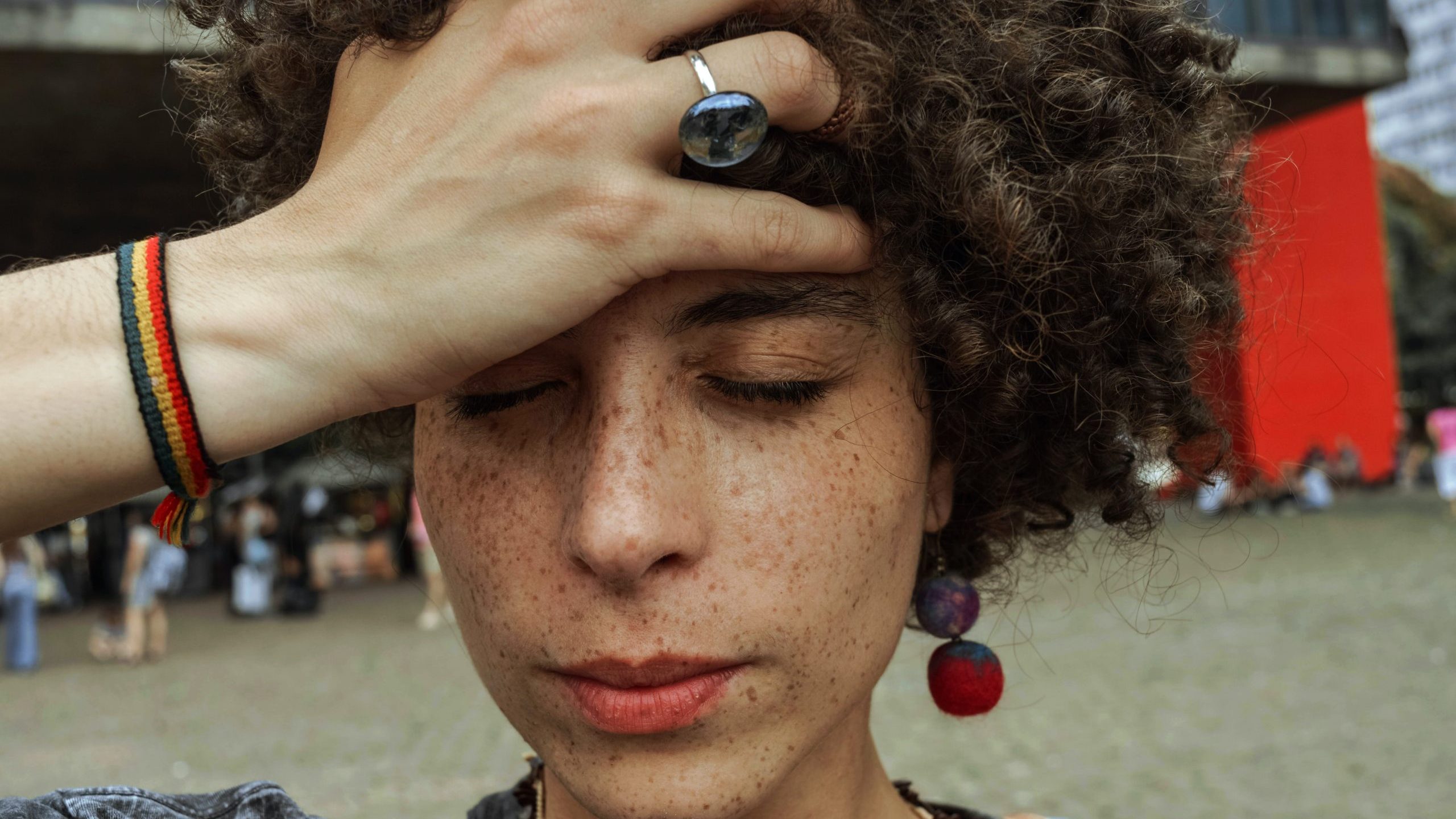
If you want one way to know for certain whether you’re drinking too much coffee, try not drinking it for a day and analysing how you feel. If you are met with a noticeable increase in headaches, anxiety, or a lack of energy, those are likely withdrawal symptoms. To have withdrawal symptoms you must already have a heavy dependence on coffee, and so may need to cut back.
Your stomach hurts

There’s something about a lot of acidity that really throws your whole body off! If you are experiencing stomach pains, this too could be down to consuming too much coffee. Coffee’s acidity puts you at increased risk of developing stomach ulcers, which can be incredibly painful. Consuming some mildly alkaline foods and cutting back on coffee could bring your body back into balance.
Your skin has lost its glow
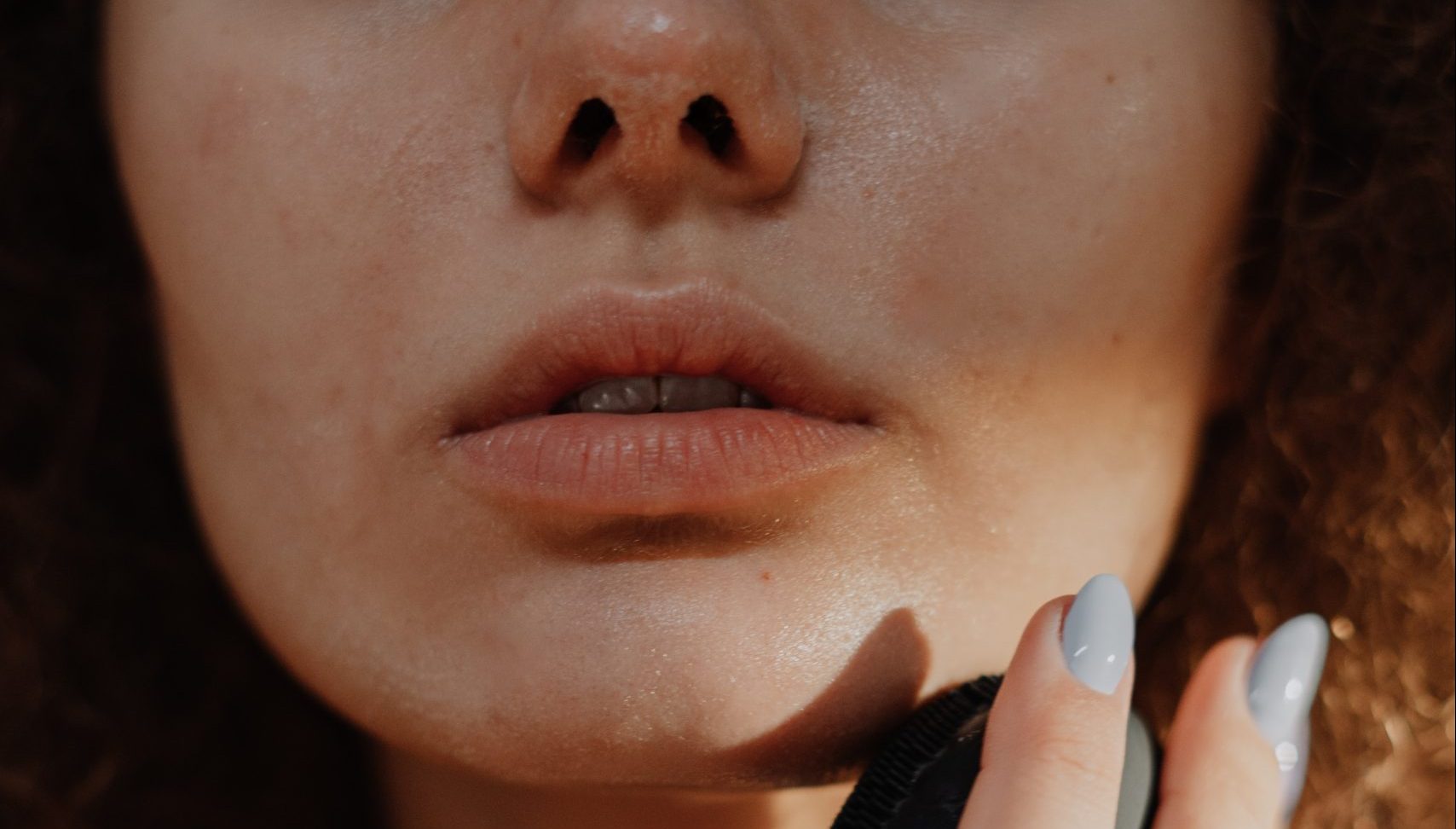
If you have a skincare routine and use moisturisers regularly, it’s likely because you want your skin to look supple and hydrated. Coffee is dehydrating due to its diuretic qualities, so regular consumption can lead your skin to look dull and lifeless. If your skin isn’t reaching its potential despite regular use of night creams or lotion, it might be time to drink more water and less coffee.
Your body feels too fast
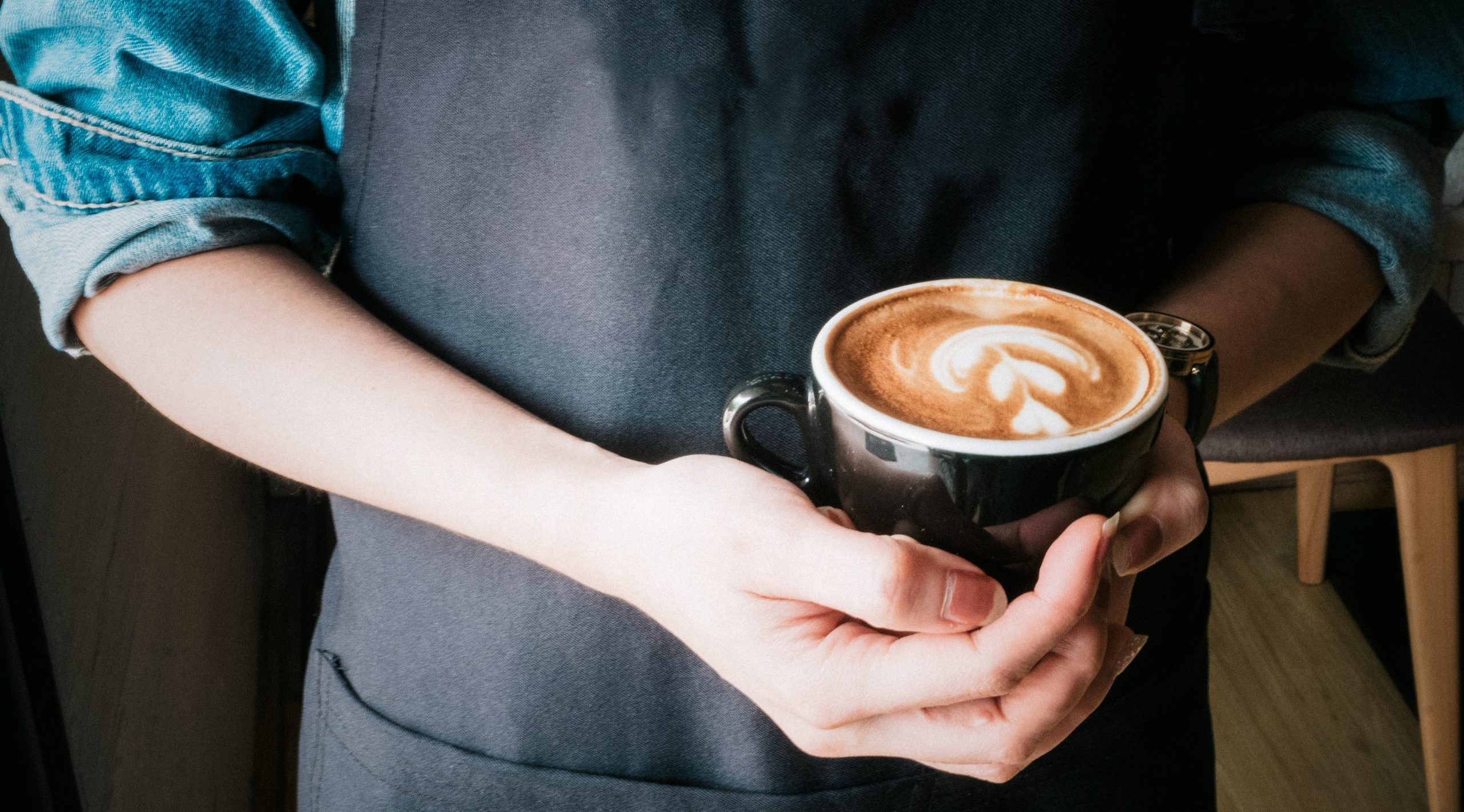
Yes, people drink coffee to be more stimulated and alert, but there’s a difference between aware and overactive. If you feel like your body is going too fast or vibrating, then you have probably hit your body’s natural caffeine limit. Try switching to water until you feel normal again, and maybe subtract one cup of coffee from your normal routine.
You crash during the day

Caffeine will stimulate you and keep you alert for a while but, a lot like with sugar, the effects won’t last. Drinking a lot of coffee is a surefire way to crash part way through the day, after the high you get from caffeine dissipates. If you drink too much coffee on the regular, then this tired and sluggish feeling will be familiar to you already.
You have a twitchy eye
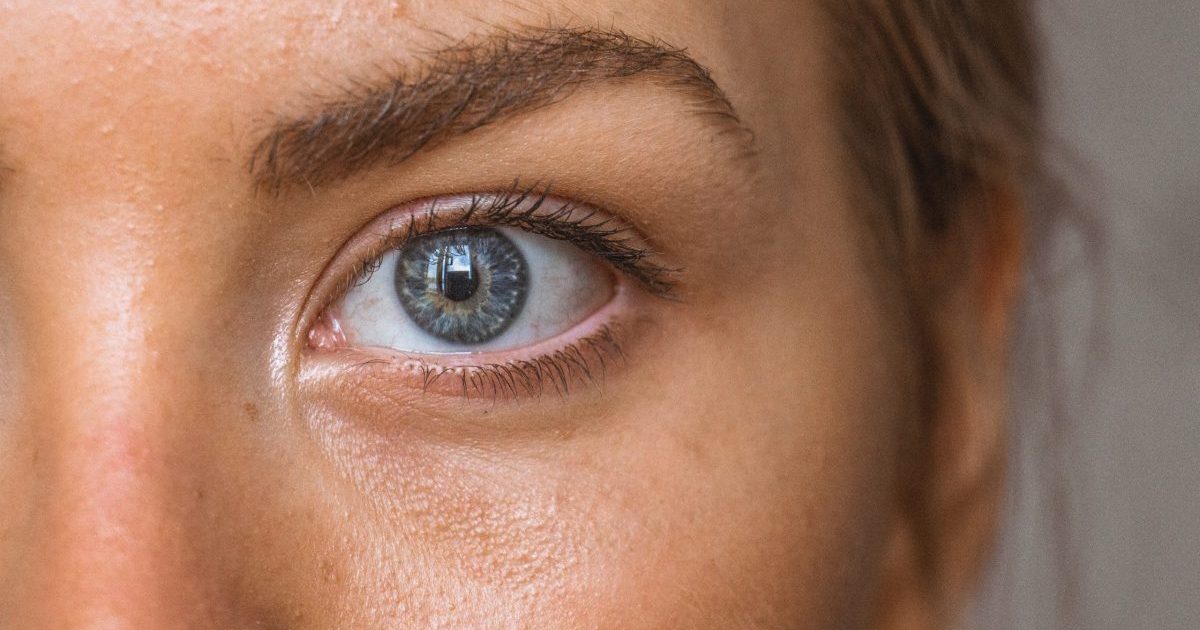
Twitchy eyes are endlessly frustrating. One day your eyes are normal, the next you wake up with a twitch that no amount of blinking will cure. While there doesn’t have to be a reason for your twitchy eye, consuming high amounts of caffeine is among the top three causes of this problem. This is because caffeine increases your nerve and muscle reactivity, causing the nerves and muscles around your eye to jump.
Your mouth is always dry

People who really love their coffee tend to prioritise it over other beverages, including water. Since coffee is dehydrating, this has a particularly devastating effect. When your body is dehydrated, there is less water available for tasks like salivating which we tend to take for granted. As a result, drinking a lot of coffee can mean experiencing dry mouth on a daily basis. If you cut back a cup or two a day and make sure to drink two litres of water, you should face this issue less.
You have a lot of headaches

All the effects of coffee can combine to create absolutely awful headaches. Since coffee dehydrates you, your caffeinated brain does not have enough hydration to function without friction. This, combined with the increased blood pressure coffee can cause can lead to your head being in a lot of pain on the regular. There’s not a lot water can’t fix, so if you’re a regular coffee drinker with headaches, simply substitute your cup of Joe for H20.
Breathing is harder

Are you finding simple tasks more exhausting or discovering yourself panting after walking up a gentle incline? That could be down to all the coffee you’ve been drinking. Due to coffee’s risks of both decreased magnesium uptake and heartbeat irregularities, your favourite beverage could be the reason your breathing is more difficult and laboured.
You feel weak
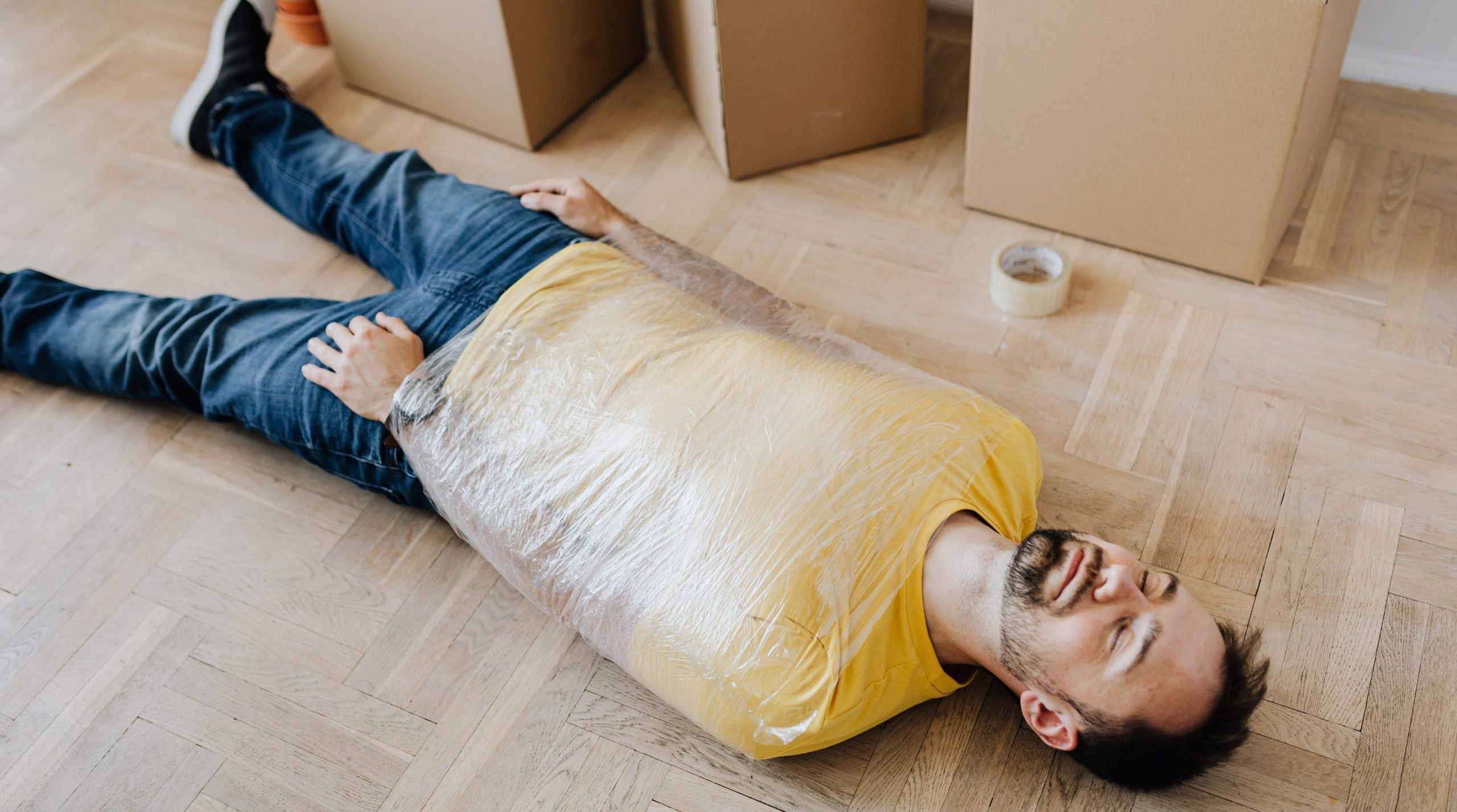
Your energy and strength levels all depend on your electrolytes, magnesium levels, and your ability to build muscle. Coffee is a diuretic, so it can cause any electrolytes you consume to pass straight through you without being absorbed. Since you need electrolytes for your body to recover from exertion, this can lead to you feeling weak and tired. Long-term, coffee can also prevent you from building muscle if consumed in large quantities.
You’re losing weight
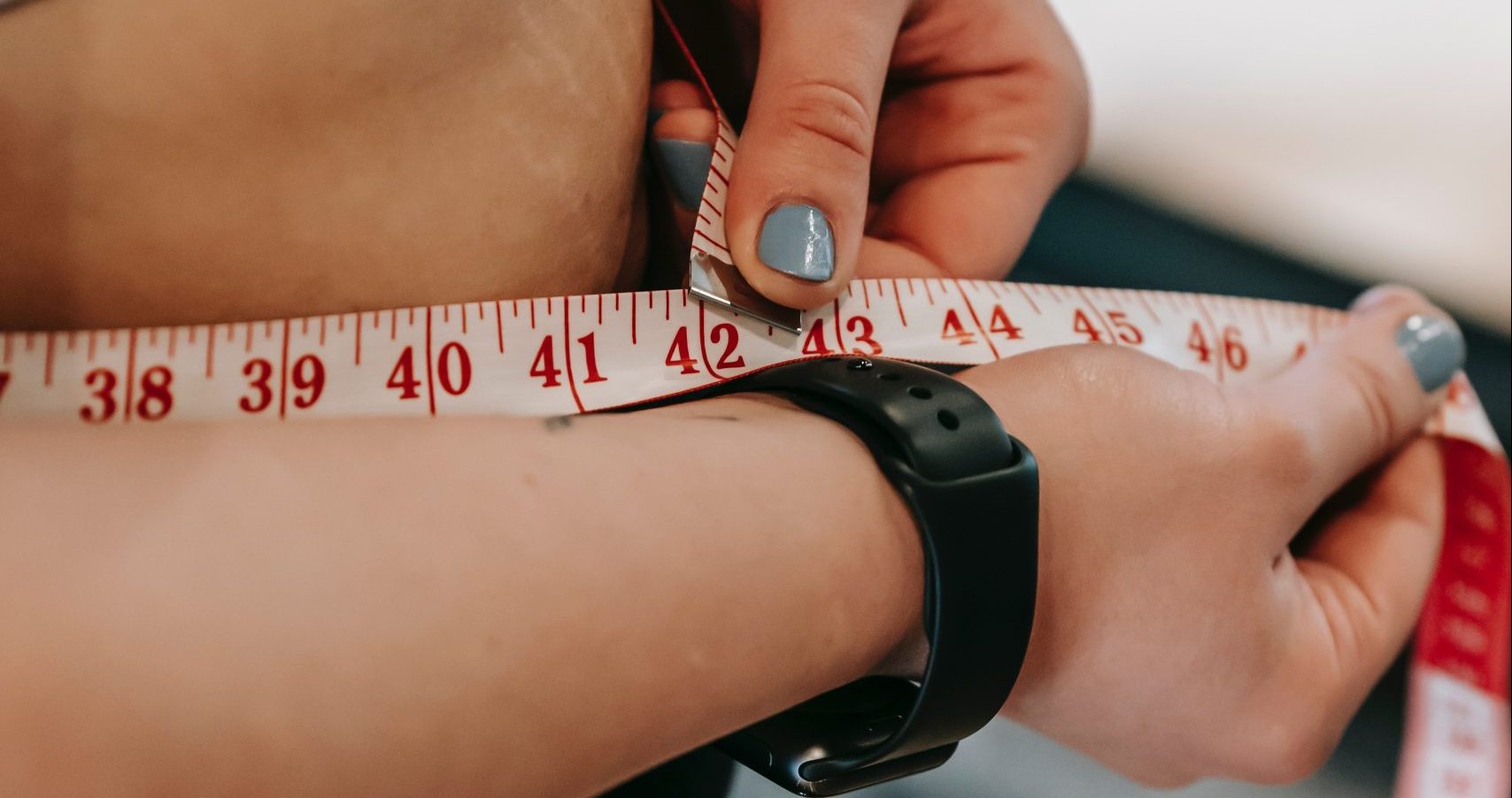
While we have covered the fact that a lot of coffee can lead to a bigger belly, drinking a lot of coffee can actually lead to weight loss as well. Not only can coffee make your stomach a lot more sensitive and thus decrease your appetite, but it also flushes everything through your system quickly and without absorption, leading to potentially unhealthy weight loss.
Your bones break easily

A large portion of people suffer from osteoporosis, which is typified by weak and brittle bones. This disorder has a lot of causes, but excessive coffee consumption can contribute to weaker bones. Studies have found that there is a strong correlation between high levels of coffee consumption and osteoporosis, which is particularly prevalent in older women.
Your blood sugar levels are off
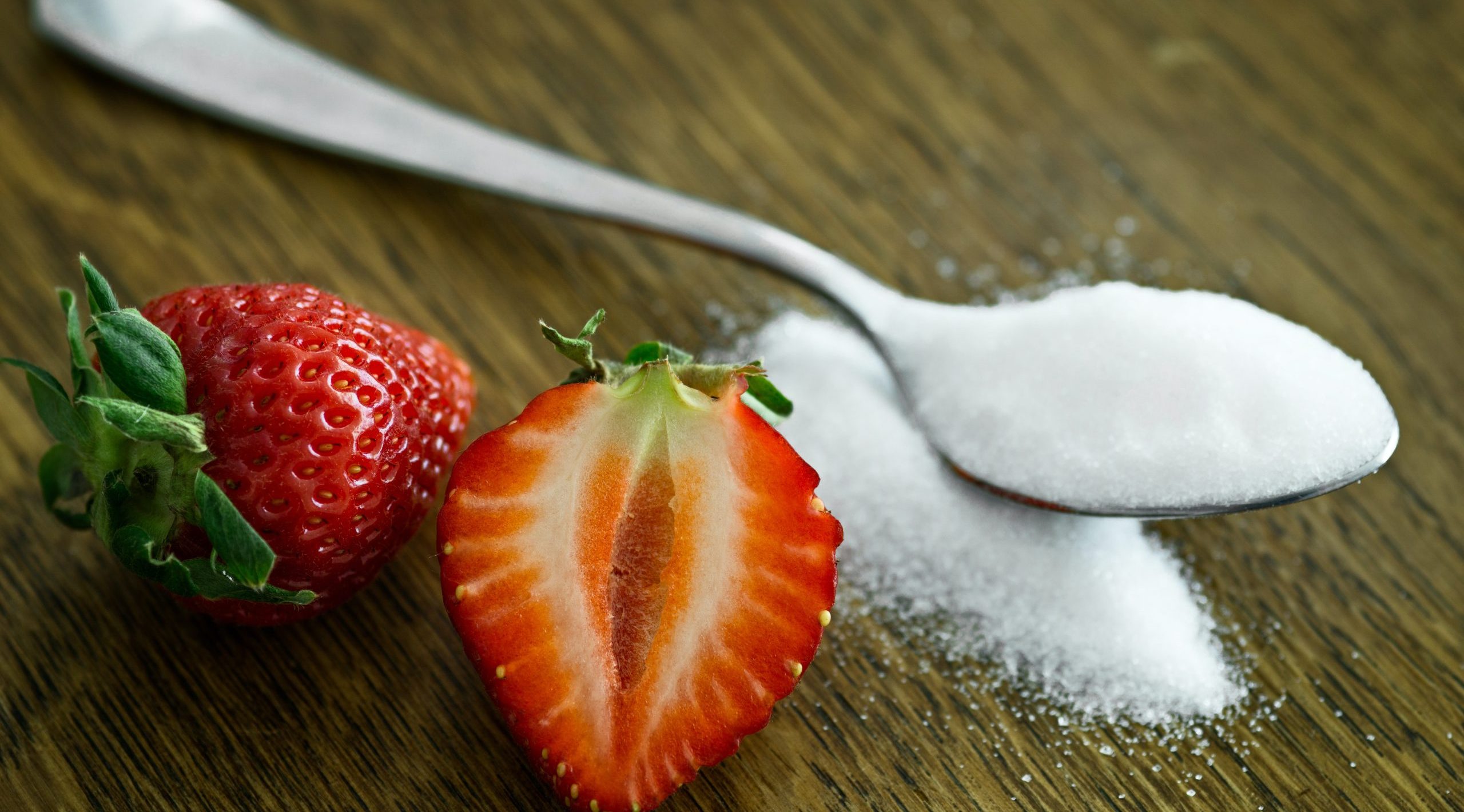
Medical professionals advise their diabetic patients to consume minimal coffee to no coffee at all. This is because drinking a lot of coffee can mess with your blood sugar levels in serious ways. While research states that a cup of coffee a day can reduce your risk of developing diabetes, it can also make things worse for those already suffering from the condition. What’s more, drinking significantly more than a cup can have even worse effects.
You can feel your heartbeat increasing

You shouldn’t have to think about your heartbeat at all, it should just be something that happens entirely subconsciously. If you can feel the intensity of your heartbeat or feel its rate skyrocketing, then you have a problem. That problem could be entirely down to you drinking a lot of coffee, as coffee increases your heart rate. If you’re feeling the effects on your heart daily, then you’re probably drinking too much of it.
You’re having pregnancy problems
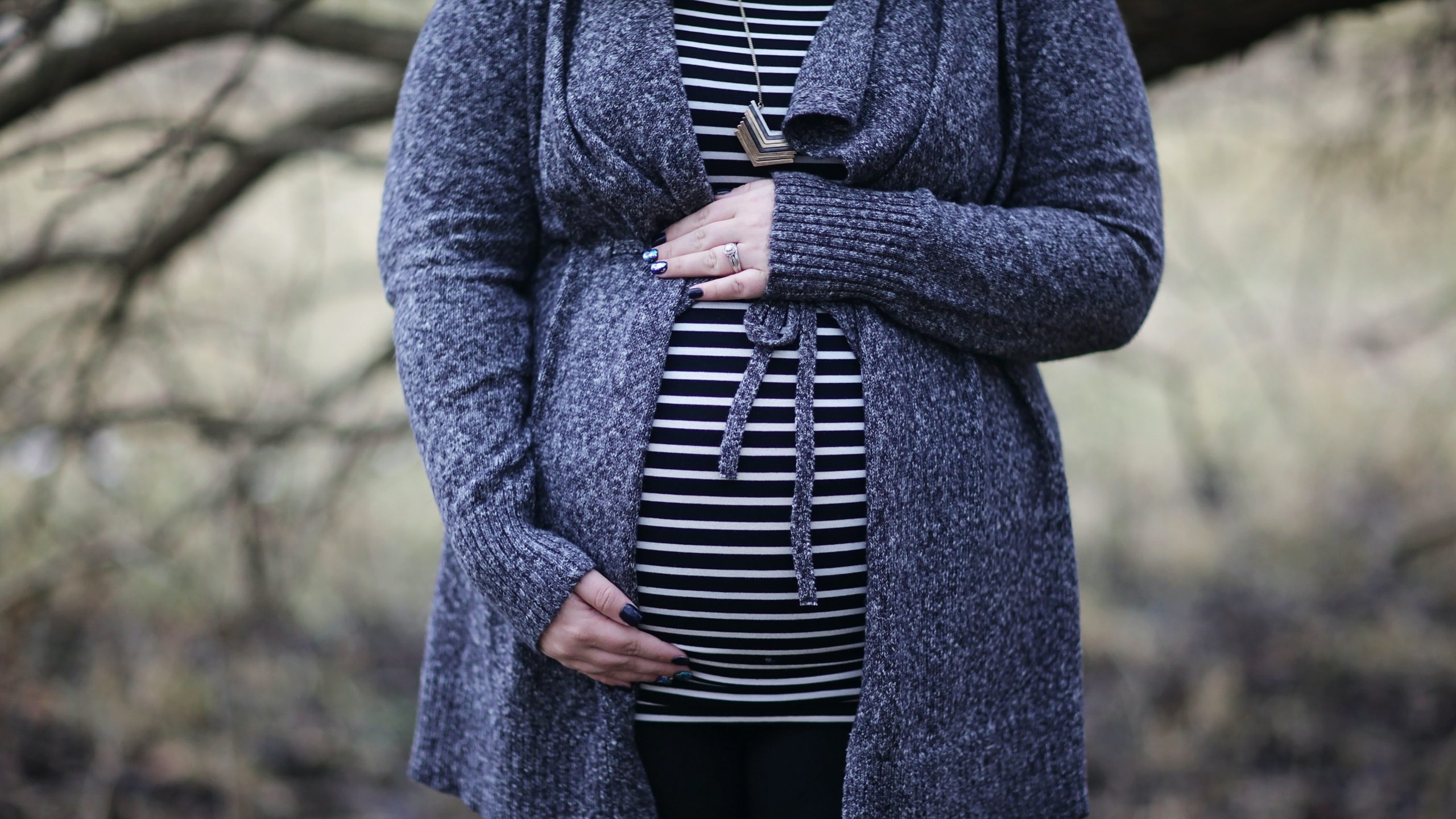
Most doctors will recommend that pregnant people cut down on their coffee intake significantly, or even stop consuming it altogether, as high caffeine levels can wreak havoc on a pregnancy. It leads to an increased risk of miscarriage as well as lowering birth weight, the latter of which comes with issues of its own. If you are a pregnant coffee drinker, consider switching to decaf.
You’re at risk of Parkinson’s
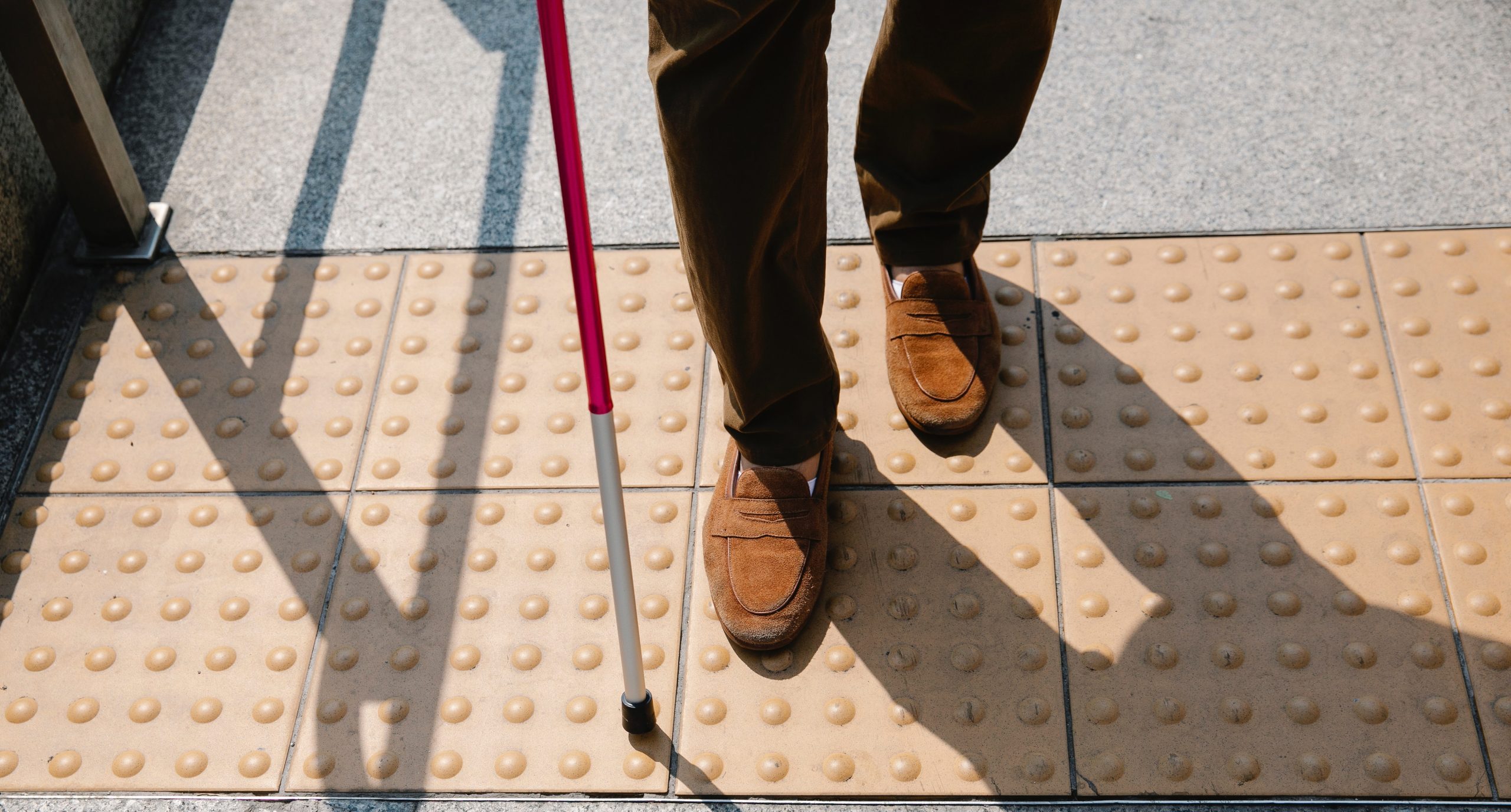
If you’ve been to your doctor and been told you have or might develop Parkinson’s disease, then you’ve heard some of the worst things that can happen as a result of coffee consumption. Drinking a lot of coffee means you are risking an earlier diagnosis of Parkinson’s than most people. This is because both increased heart rate and blood pressure have a hand in causing the disease.
You can’t focus

Due to the increased stimulation that people get from coffee, you may experience being a little bit frenzied or restless if you’ve had more than you should. This restlessness is perhaps beneficial in certain situations, but it can also greatly affect your ability to focus on the tasks at hand. If your focus feels diminished and you also drink a lot of coffee, you probably know the cause.
You’re getting cysts

Many women are fairly sensitive to hormonal changes and coffee can affect these easily. For those who have PCOS or experience cysts in the ovaries or breasts, caffeine can make matters worse. The number of cysts you acquire correlates strongly to your caffeine intake so, in order to avoid even more cysts, avoiding coffee is a necessity.
You get bad menstrual cramps

Bad menstrual cramps can be caused by a great many different things, but coffee is definitely one factor, thanks again to its dehydrating properties. Being properly hydrated encourages a smoother and therefore less painful flow, so hydration is of paramount importance during your period. Having a reduced amount of magnesium in your body can also worsen menstrual cramps, so reducing your coffee intake should ease some of the pain.
You’re always tired

The sole reason people drink coffee, no matter how nice it may taste in its countless variations, is for the energy boost. So if you’re throwing back cup after cup and feeling even more tired, it can seem as if the world is playing a cruel trick on you. Coffee messes with your body’s absorption of thiamine, or vitamin B1, which can lead to fatigue. To make matters worse, this fatigue can usually be paired with the insomnia natural to caffeine usage.
You’re ageing faster
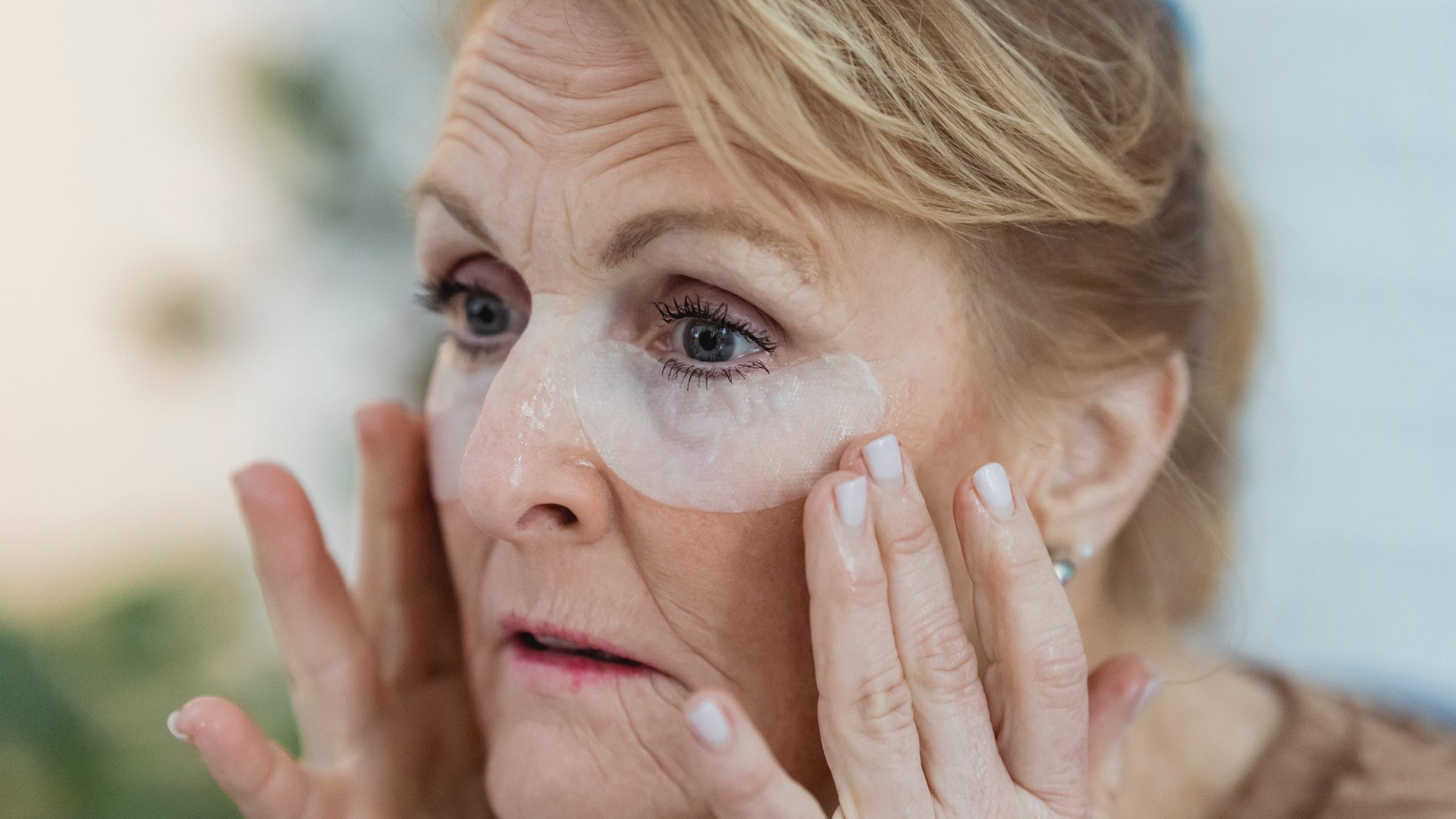
Coffee won’t make you age any faster, but if you’re struggling with your skin wrinkling more and losing its shape, then your daily cup of Joe could be to blame. Coffee makes it more difficult for your body to produce collagen, leading to the breakdown of this important substance being faster than its production. This leads to your face wrinkling faster and therefore an older-looking appearance.
You feel in extremes

Consuming a lot of coffee can result in some pretty intense mood swings. If you move through your day bouncing between extreme energy and sluggishness, or heightened joy and despair, then you are likely consuming too much caffeine. This is because caffeine puts your body through a pattern of energy spikes and crashes, which can have a dramatic effect on your mood.
You can’t control your bladder
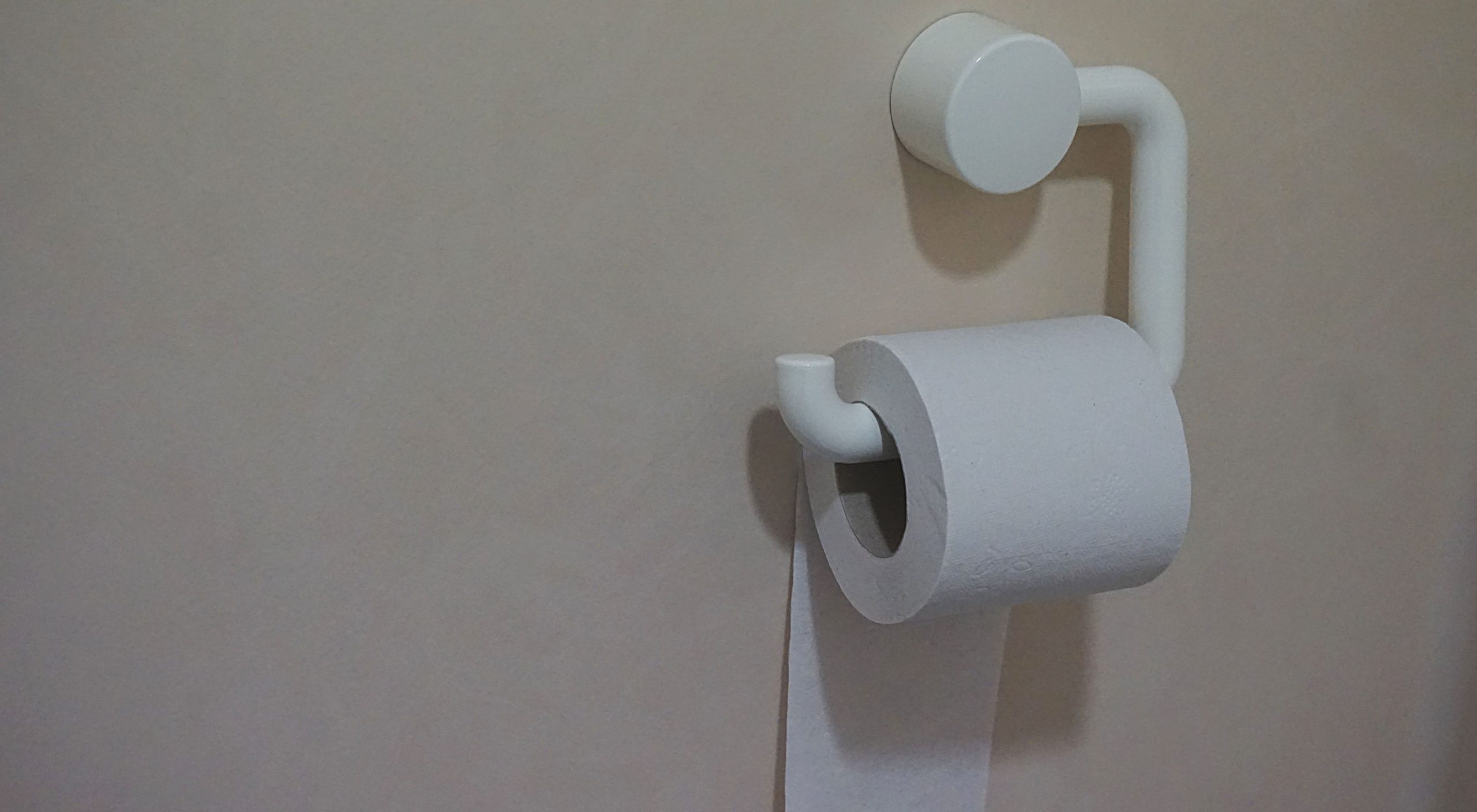
It’s no secret that drinking a lot of coffee makes you need the toilet more often, but the effects can actually go beyond that. Too much coffee over an extended period of time can result in poor bladder control, bladder irritation and even incontinence, the latter of which can seriously affect a person’s quality of life. So if you wish to avoid some potentially uncomfortable situations, it may be worth going back to just one cup a day.
Muscle breakdown

Coffee does not only make it more difficult to build muscle. It can actually break down the ones you’ve already built up. A chemical in coffee can pull fibres from your muscle into your bloodstream which can be incredibly dangerous! While it’s not a common occurrence, it is something to be mindful of if you are a big coffee drinker.
You regularly drink more that 2 cups a day

It might sound silly, but the best way of knowing if you’re drinking too much coffee is to simply look at the amount you are consuming. Having a daily coffee habit isn’t too bad if you’re only indulging in small amounts, but drinking more than two cups every single day puts you at an increased risk of everything from anxiety to headaches.
You can’t work as hard

If you are struggling to work as hard as you used to, you may need to look at the coffee cup on your desk before assigning blame. Not only can coffee make it hard to focus but its stimulant properties can also give you the jitters, making it hard to get into a flow state or focus on one task for a protracted amount of time.
You know the difference between Arabica and Robusta
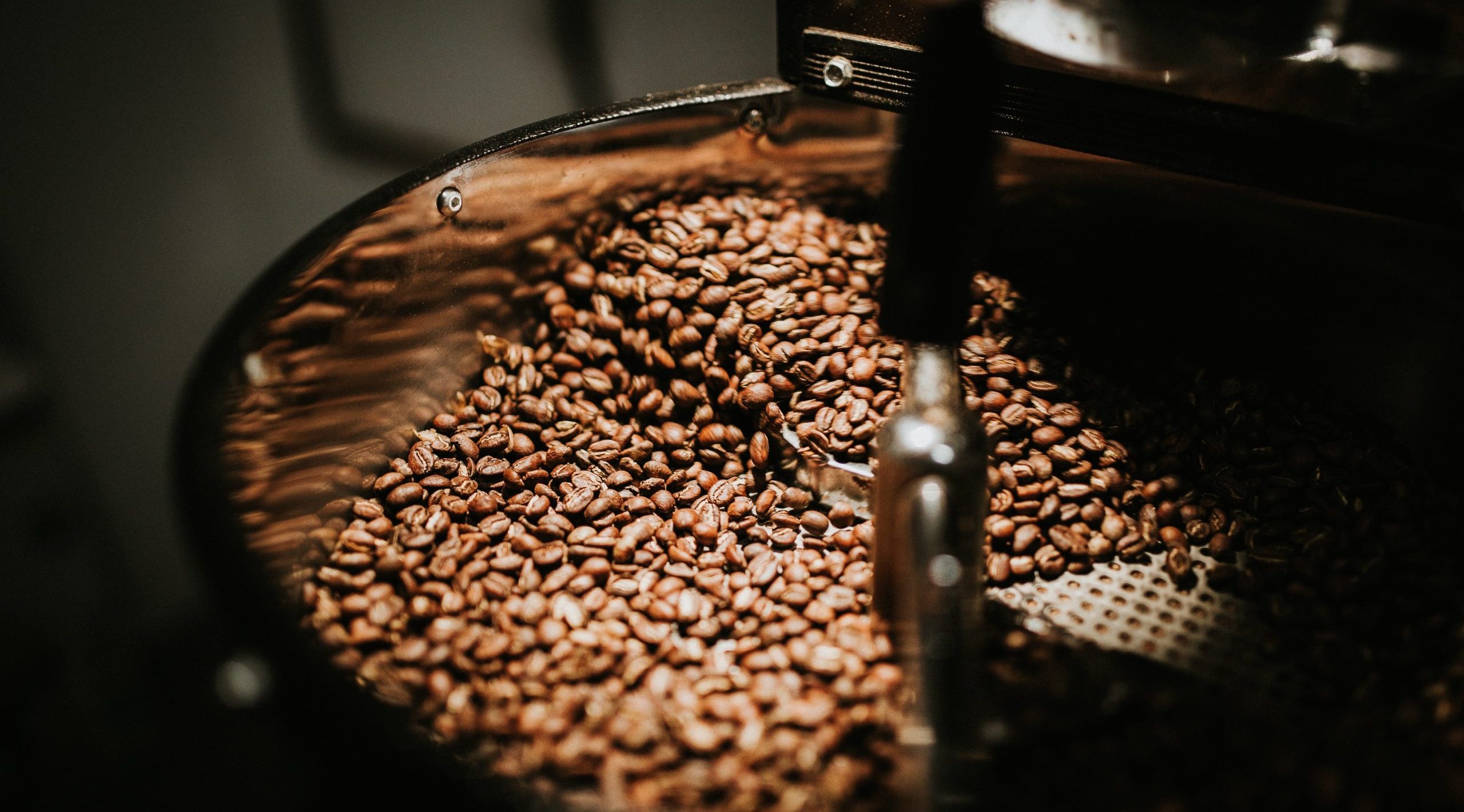
While knowing a lot about coffee will not have any impact on your health, it can indicate that the substance is taking up too much of your time. If you know the difference between different kinds of beans, blends, and roasts, then that can serve as a sign that you may be drinking too much coffee, especially if you’ve ever acted snooty towards your friend’s or barista’s preferences.
You get more nosebleeds

Nosebleeds can be a real pain! They start out of nowhere, make a mess and always seem to strike at the worst possible time. If you have been getting more frequent nosebleeds, you may want to blame your cup. Coffee drinkers are likely to experience more nosebleeds than those who do not consume as much caffeine, due to the increased blood pressure that comes along with a coffee habit.
Your sleep quality is worse
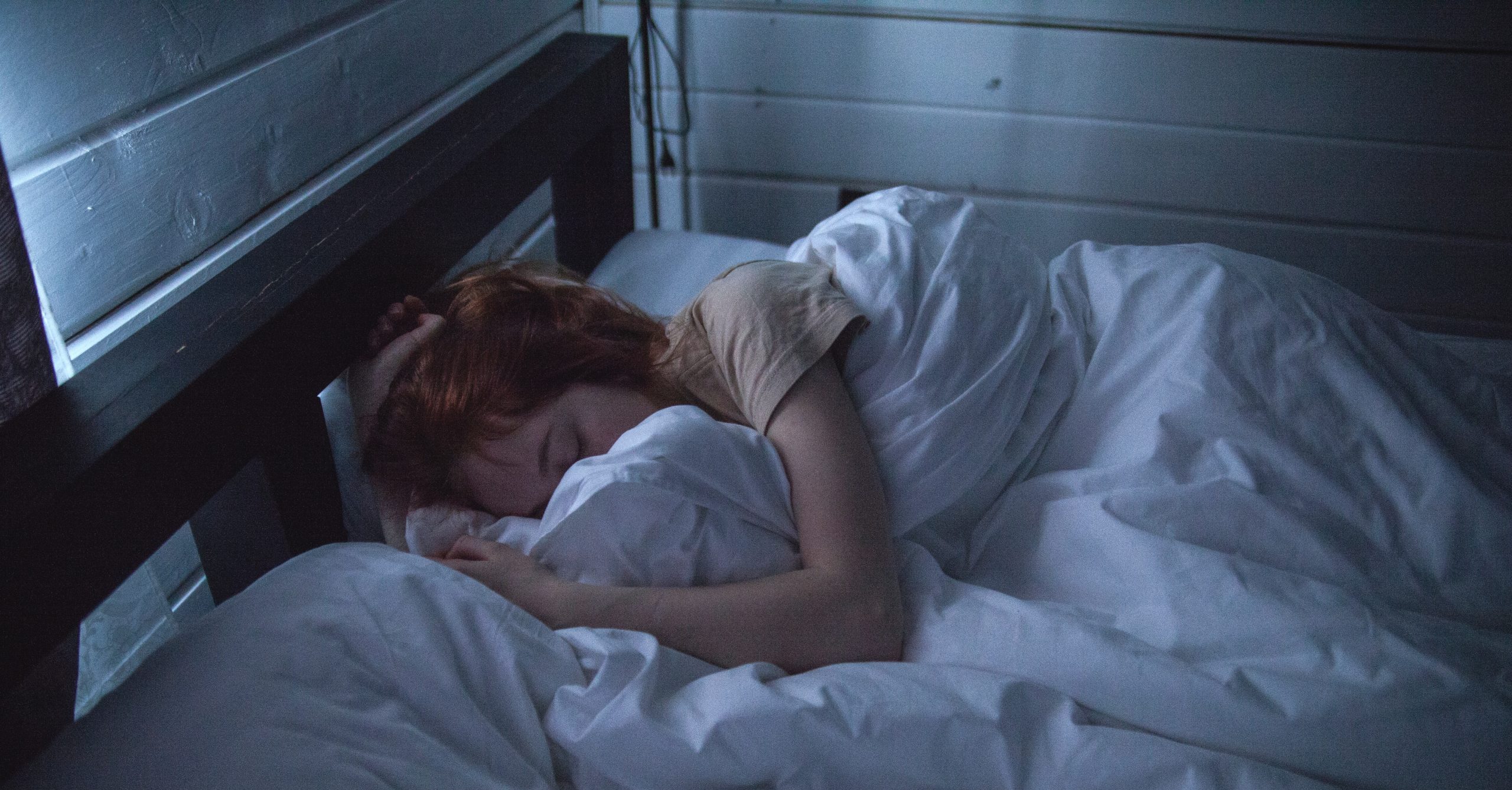
Coffee doesn’t only affect the amount of sleep you get, it also determines your sleep quality. This means that even if you do manage to get to sleep after many cups of the brown stuff, your sleep will not be as good as your non-coffee drinking friends’. Not only will not sleep as deeply or for as long, but your REM sleep will also decrease in length and quality.
You notice the financial setback

It is no secret that having a coffee habit really isn’t cheap. Whether you’re visiting your favourite coffee shop several times a week or just buying high-quality beans to brew at home, your daily cup of Joe can really add up in price. If you are noticing the damage all the coffee you’re buying is doing to your bank account, then the chances are you’re drinking too much.
Your gut never feels normal
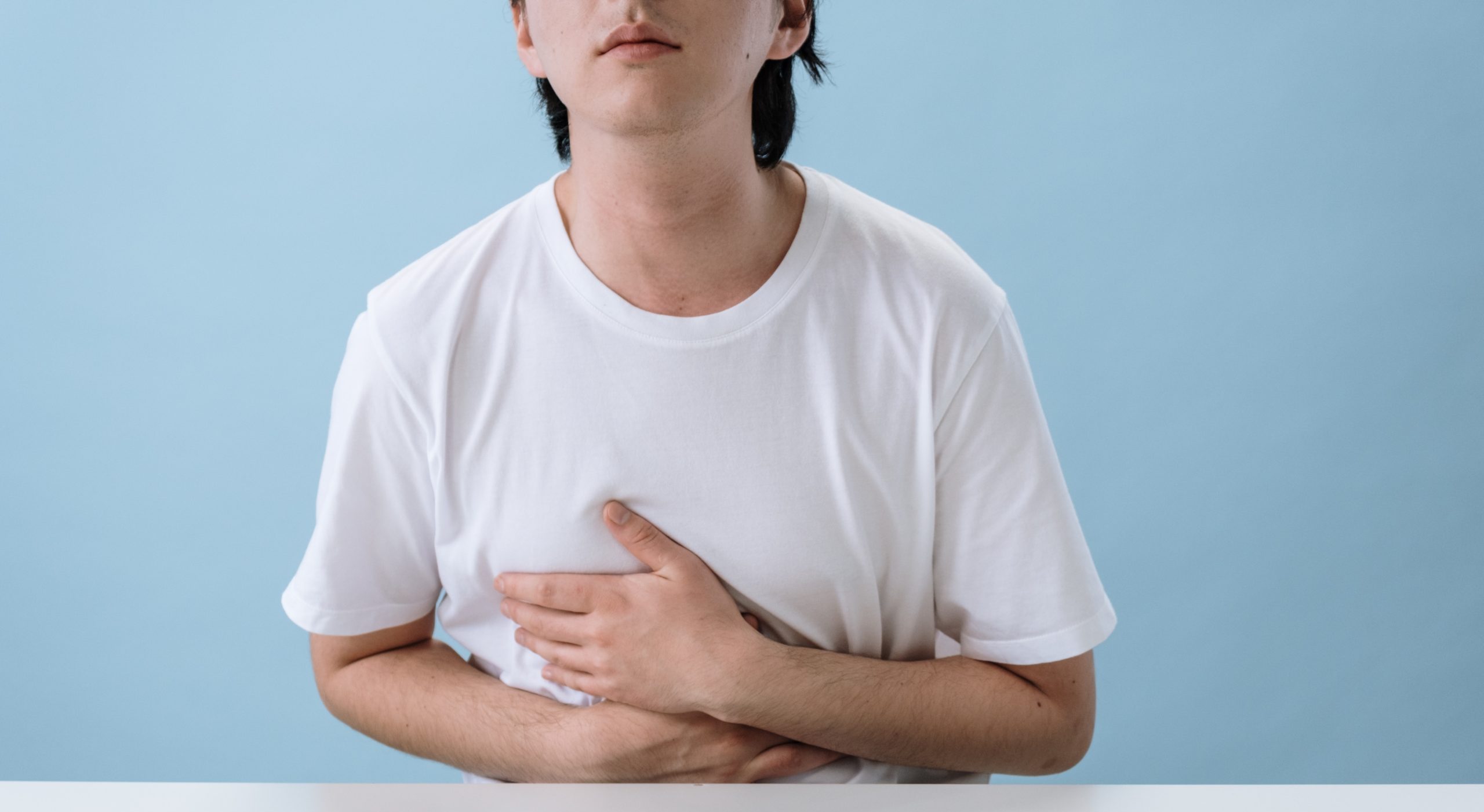
Whether you’re experiencing bloating, abdominal cramps or your intestines purging themselves, if your gut just never seems to feel normal, it could be down to all the coffee. Coffee can cause a plethora of digestive issues, all of which can combine to leave you always feeling a bit icky in the belly or lower abdomen.
You’re always visiting the toilet

Coffee is a diuretic, meaning it can increase the need to go to the toilet in those who abuse it. While a nice cup of coffee does grant your body some water (good), it has the tendency to fill your bladder quickly (bad). If you find yourself constantly hitting the John, you may need to cut back on the Joe.